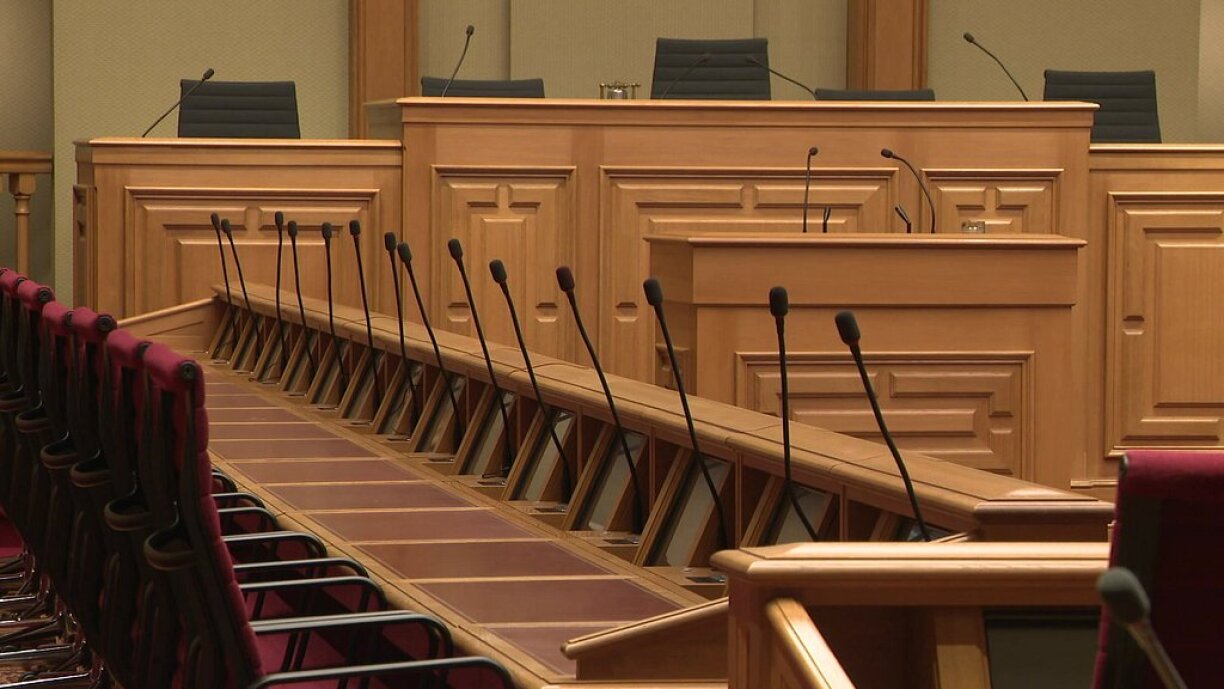
The legislative elections, or Chamber elections, as they are more commonly known and labelled in the Grand Duchy, take place every five years. Luxembourgish citizens elect a total of 60 MPs, or Deputies, to the country’s only legislative body, the Chamber of Deputies.
This is however only a broad description of the electoral process and as per usual, the devil is in the details. While it is evident that people vote according to their municipality in the municipal elections, the term Chamber elections is somewhat misleading in that it implies that each citizen gets to vote on the final set of MPs regardless of where in Luxembourg they live.
But, this is not the case. While the Chamber is the legislative body representing the entire country, both voters and candidates are still grouped into four electoral districts based on geographical location: the ‘South’ (cantons of Esch-sur-Alzette and Capellen), the ‘Centre’, (cantons of Luxembourg and Mersch), the ‘North’ (cantons of Diekirch, Redange, Wiltz, Clervaux, and Vianden), and the ‘East (cantons of Grevenmacher, Remich, and Echternach).
Although Luxembourg’s constitution sets the number of MPs in the country at 60, electoral law still regulates proportional representation for each district: 23 MPs in the South, 21 in the Centre, nine in the North, and seven in the East (article 117).
Now, since the latter document fails to indicate the reason for this particular system, one can only presume that it must have come to be during a time when the country and its people were in fact still more geographically separated. Whether this separation makes sense in today’s day and age, I do however doubt.
It is not as though people living in the north or south of the Grand Duchy are not able or allowed to spend the majority of their time in the centre, which they perhaps do due to their employment, leisure activities, or social circles. After all, we have people commuting to various places in Luxembourg from across our borders on a daily basis, so distance within the country is not really an issue.
It is also not the case that the news makes any geographical differentiation when it comes to reporting, an event in the centre is usually just as relevant for a person in the north as it is vice versa. For instance, a polluted river in one corner of the Grand Duchy can quickly become a problem for someone at the other end of the country.
So, regardless of where people live, they read news about the entire country, not only what happens in a certain district. They therefore know MPs as the people who draft legislation affecting all of Luxembourg, not necessarily as being from or representative of their respective electoral district.
Keeping up enough with politics to develop a sense of who to consider competent is challenging enough on its own. For those who succeed at it, it is then understandably frustrating to not be able to deliver a verdict on the full set of candidates come election day.
Contrary to how municipalities run the various towns in Luxembourg, there is no regional institution governing each district. People are not addressed or seen as being part of these constituencies other than during the legislative elections, which further defamiliarises the concept and reinforces the feeling that it is outdated.
Despite only having lived in one of the bigger districts for all my life, I still find it questionable that I should have a bigger say in a general election than someone living in a smaller one. Yes, regionality is important when it comes municipal governance, but when it is time to decide on representation in the Chamber, I think that every citizen deserves equal power regardless of where they live.